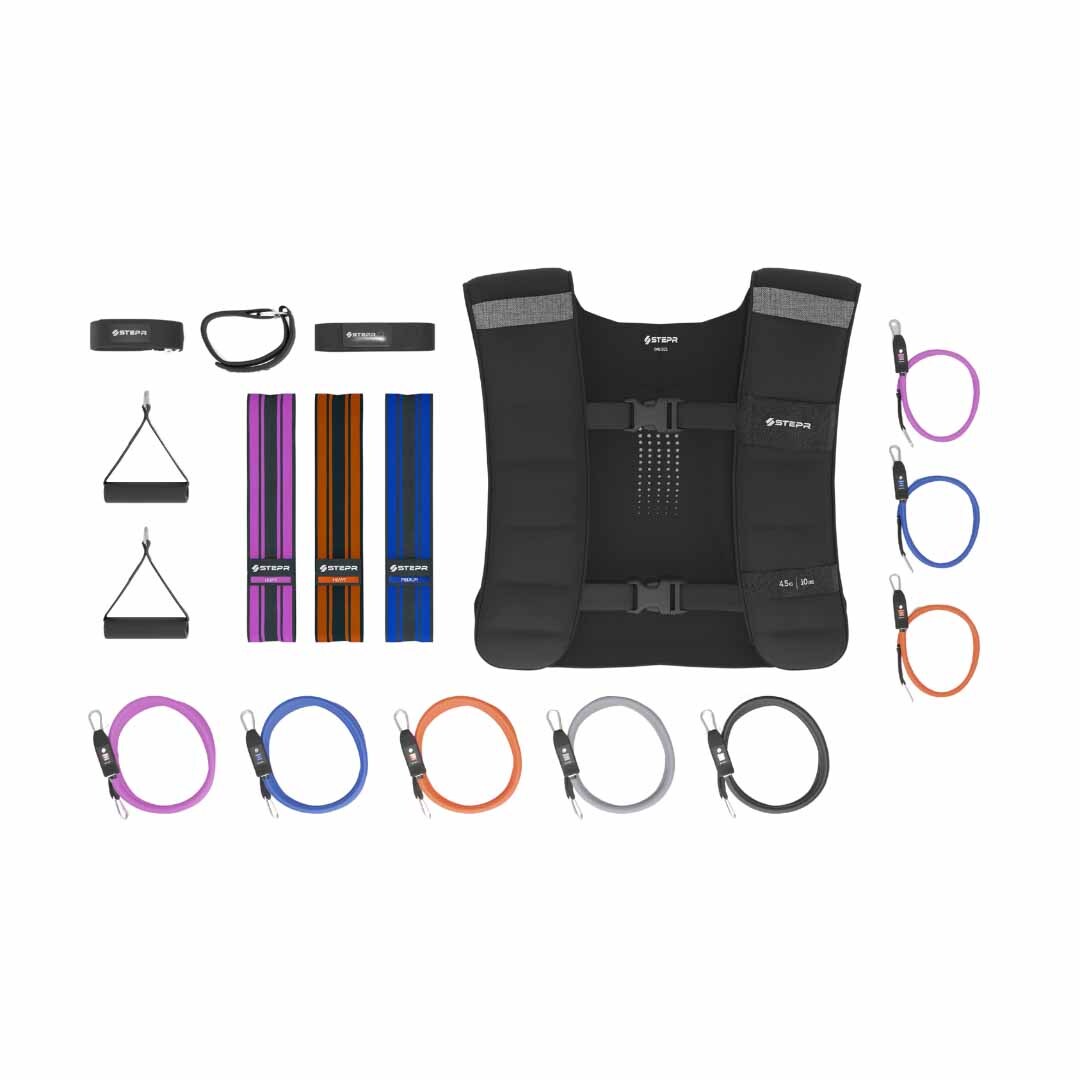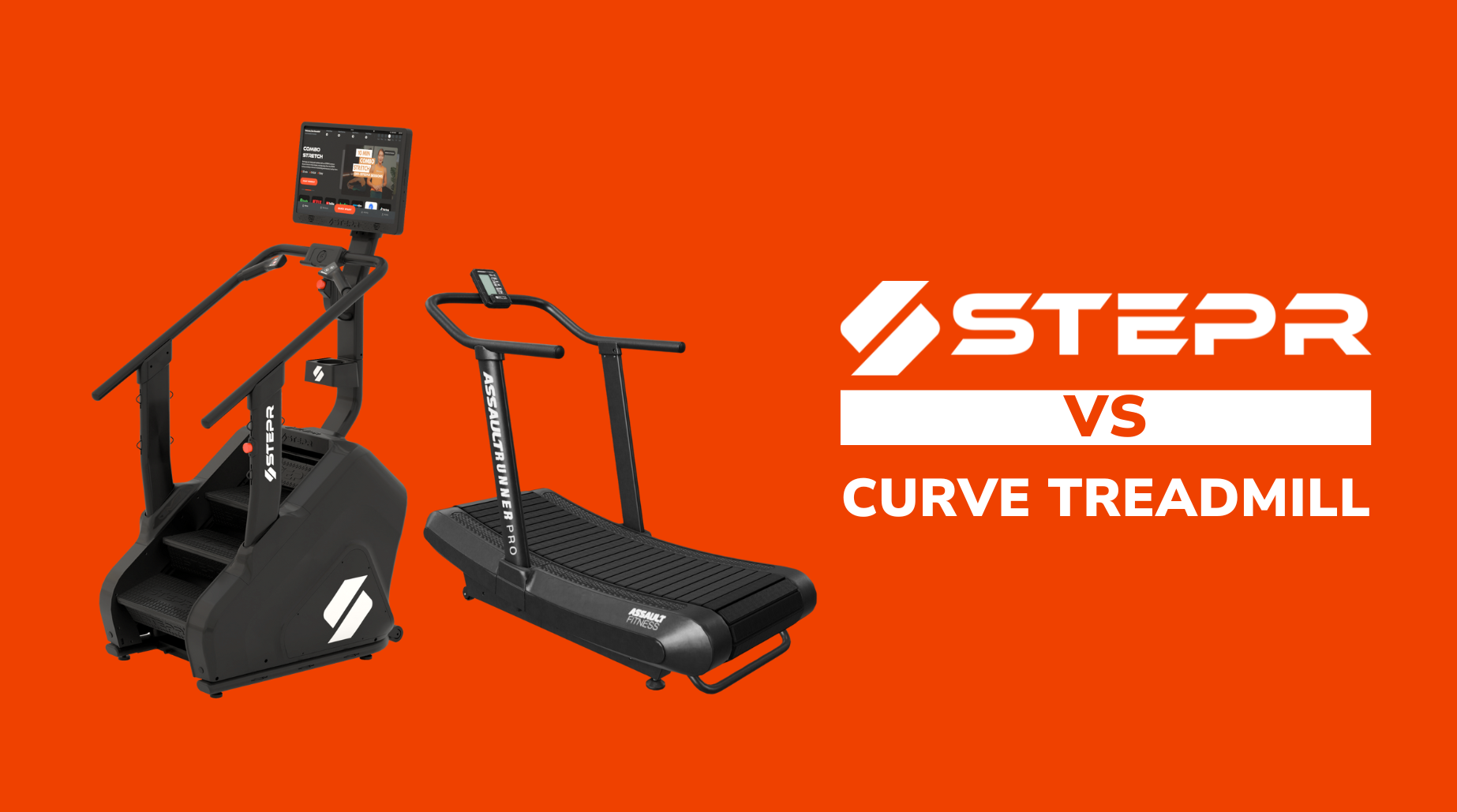
Everything you need to know about Creatine
When we talk about dietary supplements, we have to ask ourselves several questions: What is the purpose of this supplement? Does it really work? Is there scientific evidence regarding its effectiveness and safety? These are important questions to ensure that we truly need it and can consume it safely and effectively.
Today, we are going to discuss the supplement that currently has the most scientific evidence regarding its effectiveness in terms of strength gain and muscle mass during training. This supplement is creatine monohydrate.
We specify creatine monohydrate because there are other types of creatine, but it has been proven to be the best option in the field of supplementation. Therefore, we will only discuss creatine monohydrate.
What is creatine? Creatine is a chemical substance that is naturally present in the body, mainly in the muscles and the brain.
Creatine is commonly used to improve physical performance and increase muscle mass in athletes. And as we mentioned, there is scientific evidence of its effectiveness. Its use is allowed by the International Olympic Committee, the National Collegiate Athletic Association (NCAA), and professional sports organizations.
Furthermore, it is used to treat different diseases, although in these cases, there is insufficient evidence for its use and effectiveness.
The Natural Medicines Comprehensive Database classifies effectiveness based on scientific evidence according to the following scale: Effective, Likely Effective, Possibly Effective, Possibly Ineffective, Ineffective, and Insufficient Evidence to Make a Determination. In the following link, we can see a list of creatine's effectiveness according to this criteria.
The only categories in which it is classified as Possibly Effective are: athletic performance, muscle strength, and syndromes caused by problems in producing or transporting creatine.
How does it work? In summary, we know that the body needs energy and has different energy systems. One of them is phosphocreatine, which provides very explosive energy but fatigues quickly. Creatine supplementation facilitates the regeneration of this energy. Therefore, it is involved in generating energy for our muscles.
Recommended dosage As always, these are general recommendations, and for specific cases and after deciding to consume this supplement, it is best to consult a nutrition specialist to advise us on the dosage we should consume.
There are two ways to consume creatine:
Loading phase: for one week, consume 20 grams per day and then reduce it to 3-5 grams per day. Maintenance phase: consume a normal dose of 3-5 grams per day. The difference lies in the time it takes to see the effects, but the long-term results are the same. The slow-loading phase is generally recommended.
Within creatine monohydrate, it is advisable to choose the Creapure brand, which is known for its high quality and safety. This brand produces a product with 99.95% creatine monohydrate and follows Good Manufacturing Practices (GMP), meaning its quality control and manufacturing processes comply with the same standards as pharmaceutical products.









































